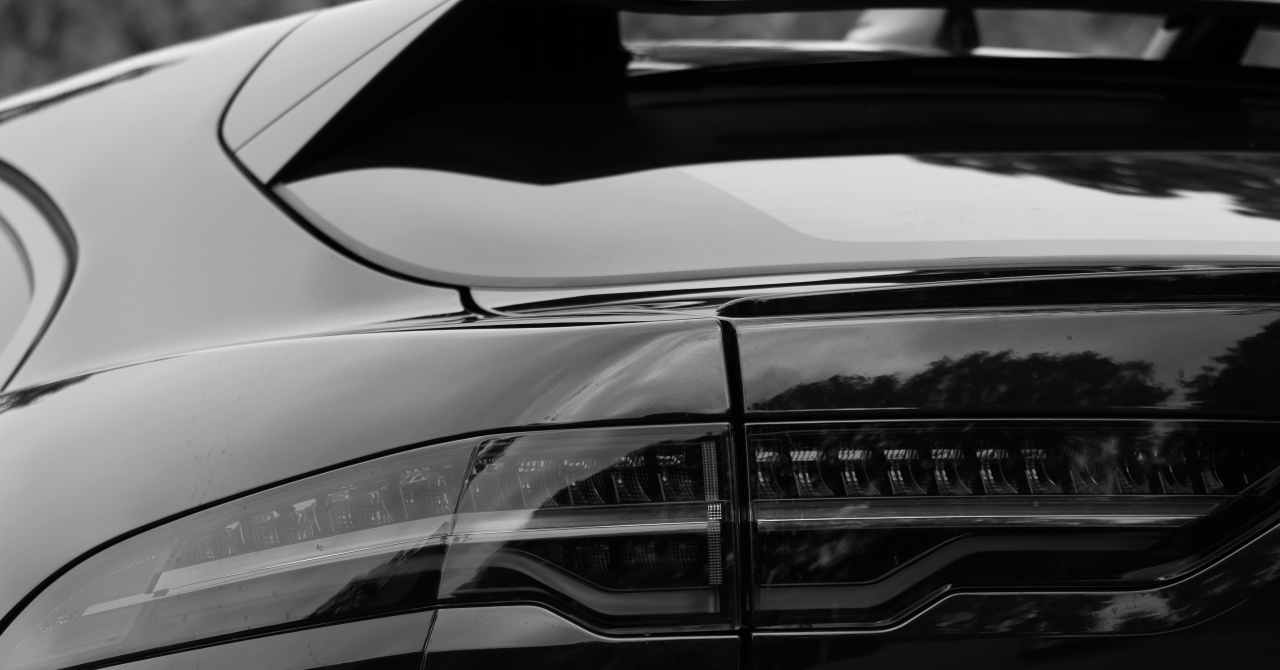According to Carscoops, Wasim Sarwar Dilov, head of research and advanced engineering at Rimac Technology, said that the company is working on new structural batteries that form a part of the car's body.
The Croatian car manufacturer also wants to improve the cell density in the battery packs, meaning that in future packs, battery cells should account for 75% of the pack's total mass.
By contrast, the Porsche Taycan's batteries make up for 63% of the pack's mass, while the Tesla Model 3 has a 64% cell-to-pack ratio, while Rimac's Nevera has one of the densest battery packs, at 67%.
Tesla was among the first carmakers out there to implement 46mm diameter battery packs, and while the American manufacturer uses 80mm tall batteries, Rimac's solution will have variable heights for the cells, according to the needs of the product.
The Croatian company aims to deliver some 40.000 battery packs in 2023 and 200.000 by 2028 and Dilov stated that there are discussions currently taking place with three battery manufacturers who could produce the new type of batteries.
The head of research and advanced engineering stated that "previously we just tried to find the best cells we could. If you are trying to get cells for a few hundred cars you can do that. Now as we significantly ramp up to volumes of hundreds of thousands of units, we are in a different era."
Dilov also explained that, while engineers aim to improve the hardware side of things when it comes to Rimac's cars, the software makes the real difference compared to the competition.
"Our hardware is great, but so is lots of hardware. With our software however, we can extract more performance from any given cell than our competitors", he added.
 Mihai - Cristian Ioniță
Mihai - Cristian Ioniță












Any thoughts?